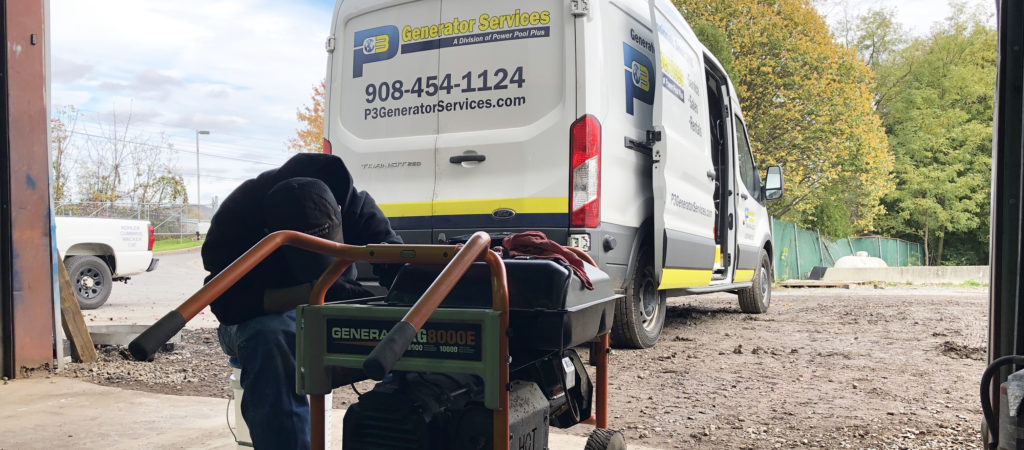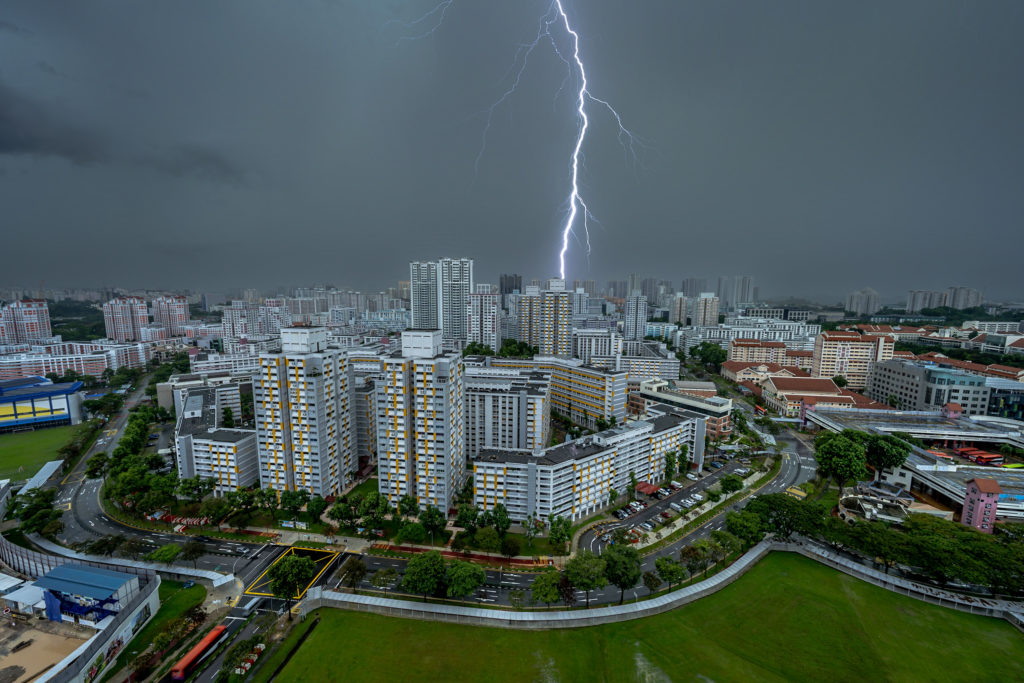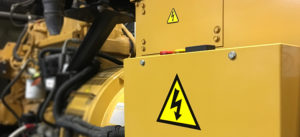Hurricane season can pose a significant challenge to medical facilities.
The threat of power loss during a hurricane is a major concern.

Power generators play a crucial role in maintaining operations. They ensure continuous power supply during outages.
However, the reliability of these generators is dependent on regular maintenance and testing.
This article aims to guide medical facility administrators and maintenance teams on hurricane preparedness.
We will focus on power generator maintenance, testing, and servicing, among other key aspects.
Understanding Hurricane Risks for Medical Facilities
Hurricanes can cause extensive damage to infrastructure. For medical facilities, this can disrupt critical services.
Understanding the potential risks and impacts of hurricanes is the first step in preparedness. This includes assessing the vulnerability of your specific location and facility.
The Critical Role of Power Generators During Hurricanes
Power generators play a crucial role during hurricanes. They ensure a continuous power supply when outages occur.
Without power, critical medical equipment and systems can fail. This can severely impact patient care and safety.
Selecting the Right Power Generator for Your Facility
Choosing the right power generator for your facility is vital. It should be able to handle your facility’s power needs during an outage.
Consider factors like generator type, load capacity, and fuel type. Consulting with a generator expert at P3 Generator Services can help make the right choice.

Pre-Hurricane Season Generator Maintenance Checklist
Before hurricane season starts, it’s crucial to perform maintenance on your power generator. This ensures it’s ready to function when needed.
Maintenance tasks include checking fuel levels and testing the generator’s load capacity. It’s also important to inspect the generator for any signs of wear or damage.
Here’s a basic checklist to guide your maintenance routine:
- Check fuel levels and quality
- Test generator load capacity
- Inspect for wear or damage
- Check battery condition
- Ensure all controls and components are labeled and accessible
Regular Generator Servicing: Frequency and Best Practices
Regular generator servicing is key to its reliability. It’s recommended to service your generator at least once a year.
However, if your generator is used frequently, it may require more frequent servicing. Always follow the manufacturer’s guidelines for servicing and maintenance.

Testing Your Generator: Ensuring Reliability When It Matters Most
Testing your generator is a critical part of hurricane preparedness. It helps ensure that your generator will function properly during a power outage.
During testing, you should run the generator under its full load. This helps identify any potential issues that could affect its performance during a hurricane.
Load Testing and Inspection Protocols
Load testing involves running the generator at its maximum capacity. This test should be conducted by a professional at P3 Generator Services to ensure safety and accuracy.
After load testing, a thorough inspection should be performed. This includes checking for leaks, assessing the condition of all components, and verifying that all safety systems are functioning properly.
Creating a Comprehensive Hurricane Preparedness Plan
A comprehensive hurricane preparedness plan is vital for any medical facility. This plan should outline the steps to be taken before, during, and after a hurricane to ensure the safety of patients and staff.
The plan should include details about generator maintenance, emergency procedures, evacuation plans, and communication strategies. It should be reviewed and updated regularly to ensure its effectiveness.
Staff Training and Emergency Procedures
Training staff on emergency procedures is a key part of hurricane preparedness. This includes training on how to operate the power generator and what to do in case of a power outage.
In addition to training, regular drills should be conducted. These drills help staff familiarize themselves with the procedures and can help identify any areas that need improvement.

Legal and Safety Considerations for Generator Operation
Operating a power generator in a medical facility comes with legal and safety considerations. It’s crucial to understand and adhere to local building codes and healthcare industry standards for emergency power.
In addition, safety measures such as proper ventilation, waterproofing, and secure installation of the generator should be taken into account. These measures help prevent accidents and ensure the generator operates effectively during a hurricane.
Coordination with Local Emergency Services
Coordination with local emergency services is a key aspect of hurricane preparedness. This includes sharing your preparedness plan and maintaining open lines of communication.
In the event of a hurricane, this coordination can facilitate a more effective response. It ensures that emergency services are aware of your facility’s needs and can provide necessary support.
Conclusion: Staying Prepared for Hurricane Season
Hurricane preparedness is a continuous process for medical facilities. Regular maintenance of power generators, staff training, and updating emergency plans are all crucial.
By staying prepared, you can ensure the safety of your patients and staff, and maintain critical healthcare services during a hurricane. If you have questions about generator maintenance and testing, or are looking to rent or buy a generator, please call us today. P3 Generator Services is New Jersey’s most trusted service provider. We help hundreds of critical service businesses with their emergency power needs.




